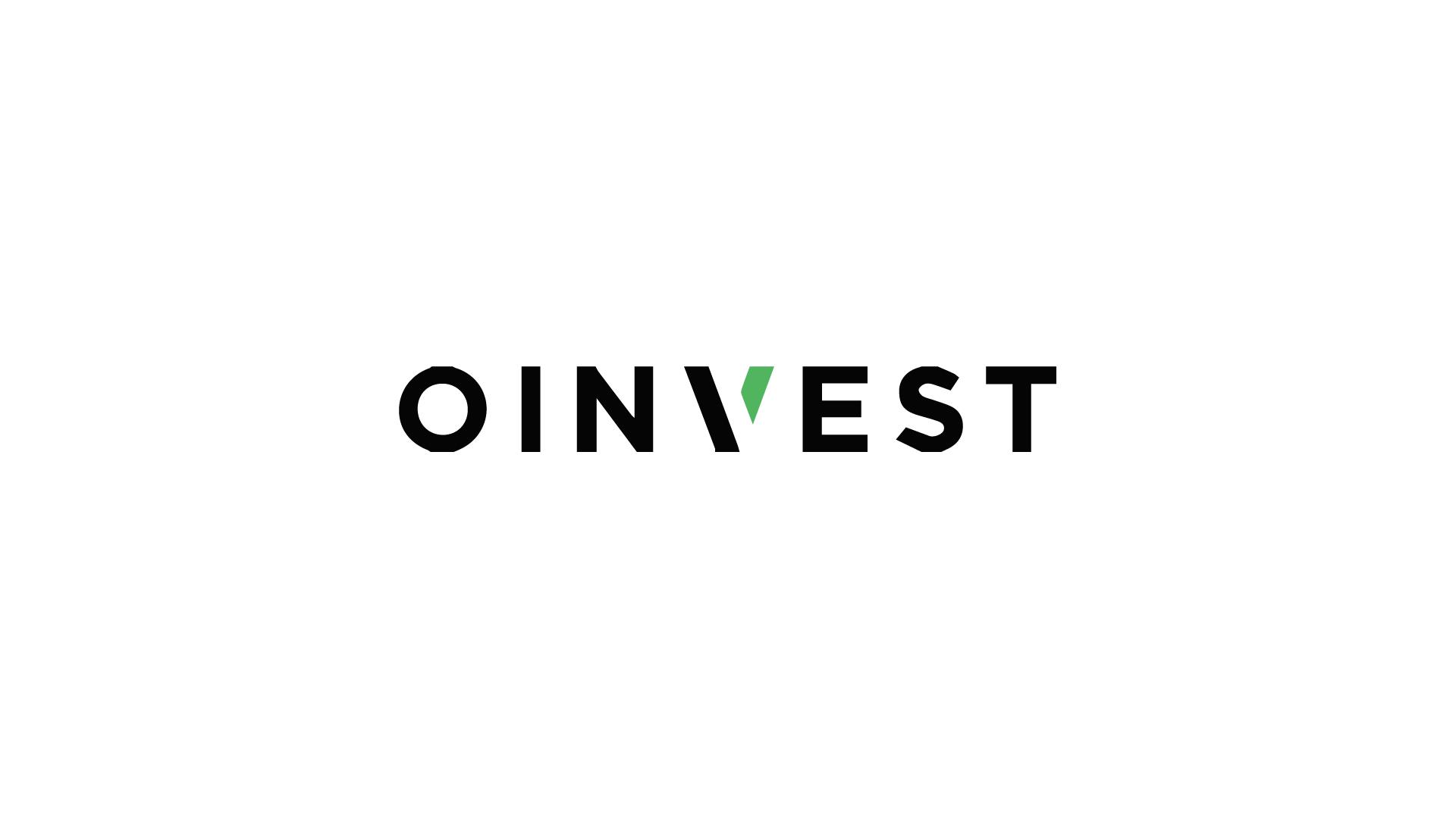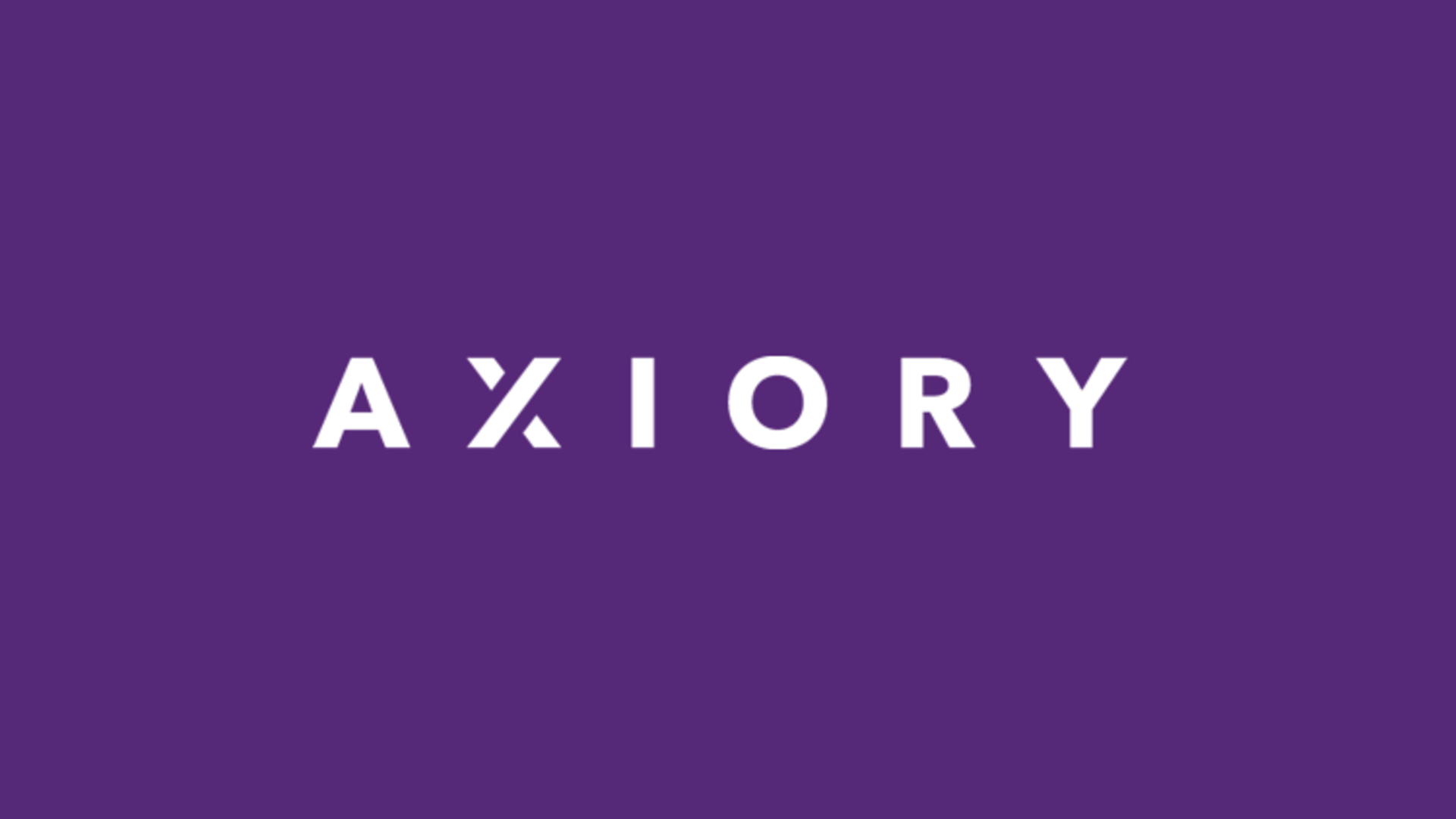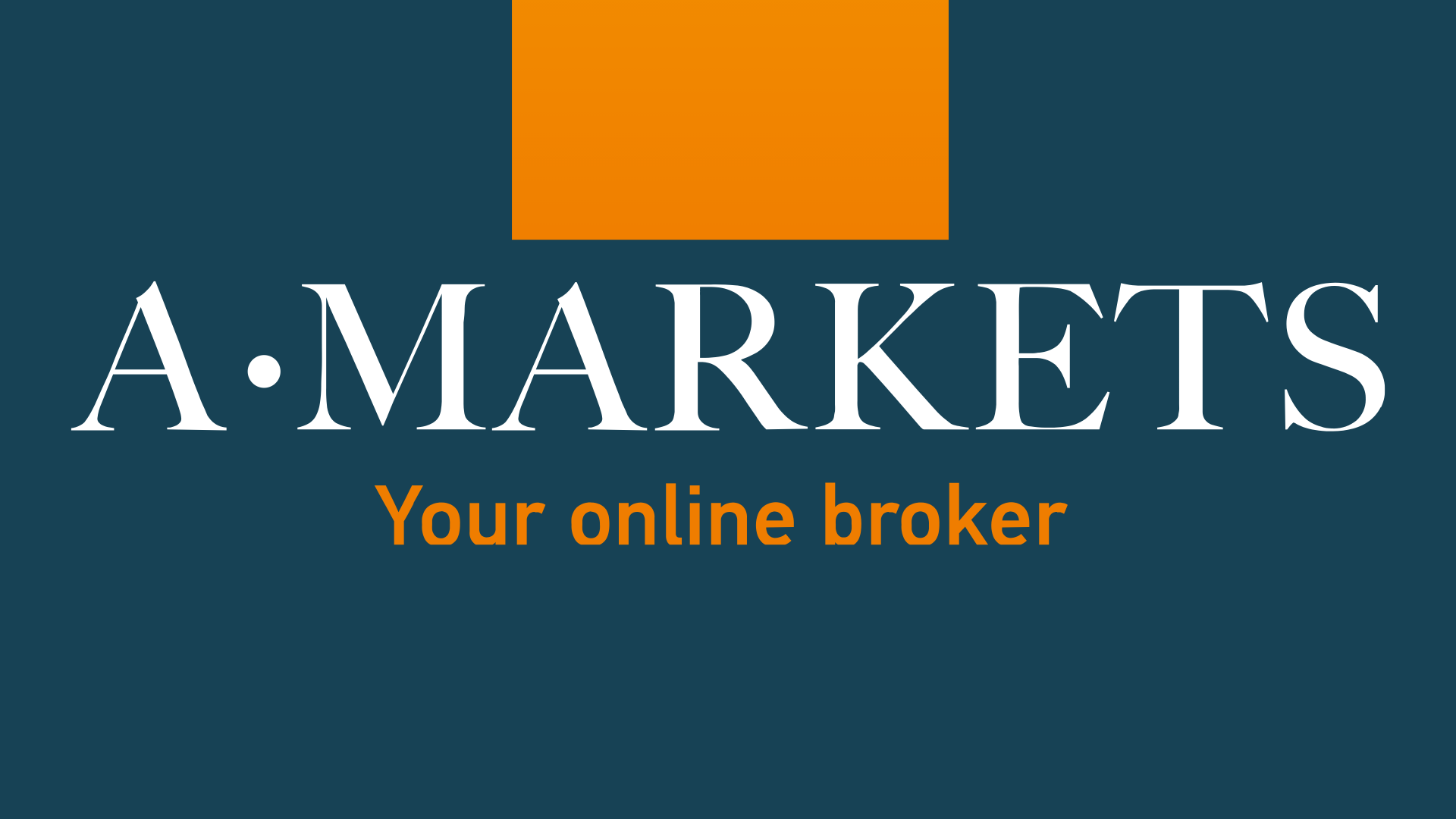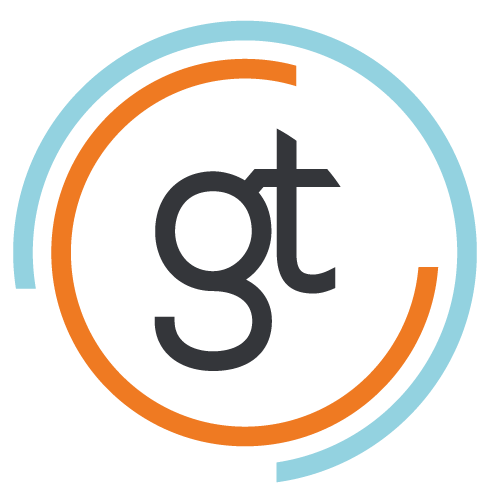Contents
Although quite small in size, the Netherlands has a very big and strong economy. Besides its iconic windmills and breathtaking tulip fields, Netherlands is known as a country that has innovative approaches to water management, sustainable energy, and generally as a country that can make the absolute most out of what it has.
The Netherlands also happens to be one of the top tourist destinations in the world, which is a direct result of how rich its culture is, and how amazing of a job it did in diversifying its economy, and making itself an attractive environment for any endeavor, whether that be business or pleasure.
Naturally, considering all of this, it shouldn’t come as a surprise that the Netherlands is one of the biggest and most successful economies in the world, ranking at number 17 based on 2019 data. As one of the “founding” countries of the European Union, Netherlands enjoys a very strong and connected role to the whole economy of the EU, especially when it comes to being a reliable and strong trading partner. Thanks to all of this, Netherlands has an amazing, thriving Forex market, which can be an absolute joy for any Dutch citizen interested in Forex.
In this guide, we will be discussing the ins and outs of the Dutch Forex market, how it all works, who are the legal entities involved, and how the market is regulated. By the end of it, you will have a solid overview, and be able to start making your very first steps of your trading journey. Below, we will also be including our shortlist of best Forex brokers in the Netherlands, so you can have a glimpse of what’s waiting for you.
Top Forex brokers in the Netherlands
As mentioned, the Netherlands has a thriving Forex market, with lots of great international brokers being available for the traders. In general, it’s definitely no easy task choosing your broker to trade with, as there are tons of details to take into account, all of which may not seem to be so obvious in the beginning.
After reviewing dozens upon dozens of Forex brokers from different countries and different Forex environment, we believe that we have a very in-depth understanding of what make a great Forex broker that is able to provide a great service.
Below, presenting our very best Dutch Forex brokers, which we chase based on all the important factors, such as your safety and security, feedback from lots of customers, and much more. Take a look at all the brokers available below, and choose the one that suits you the best!
XM
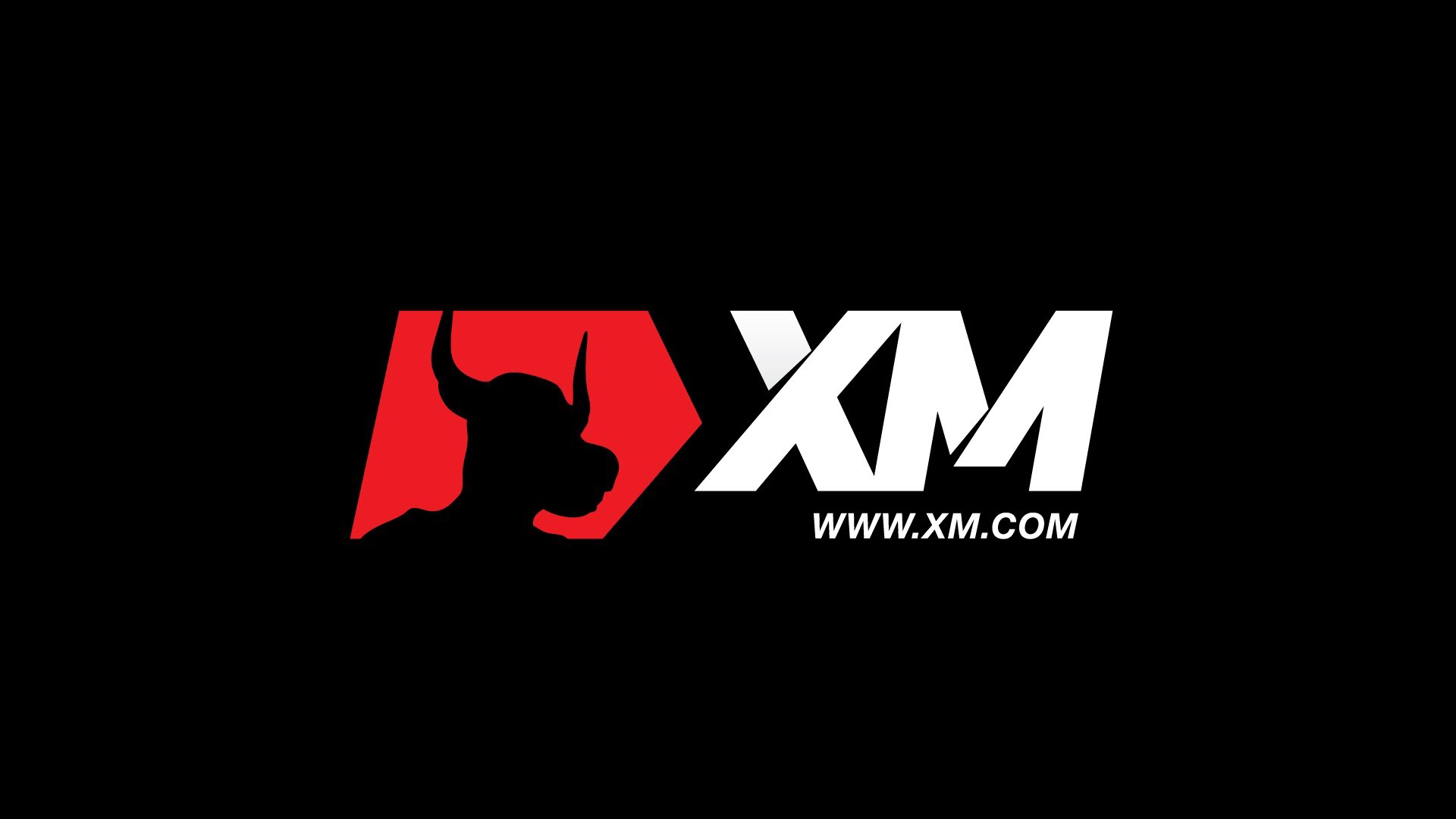

Min. Depo
$5

Licences
FCA, CySEC, IFSC, ASIC, DFSA

Leverage
1:888

Platforms
MT4, MT5, WebTrader
AvaTrade


Min. Depo
100 USD

Licences
ASIC, FSA, FSCA, FFAJ, FSRA, FSC

Leverage
400:1

Platforms
MT4, MT5
Exness
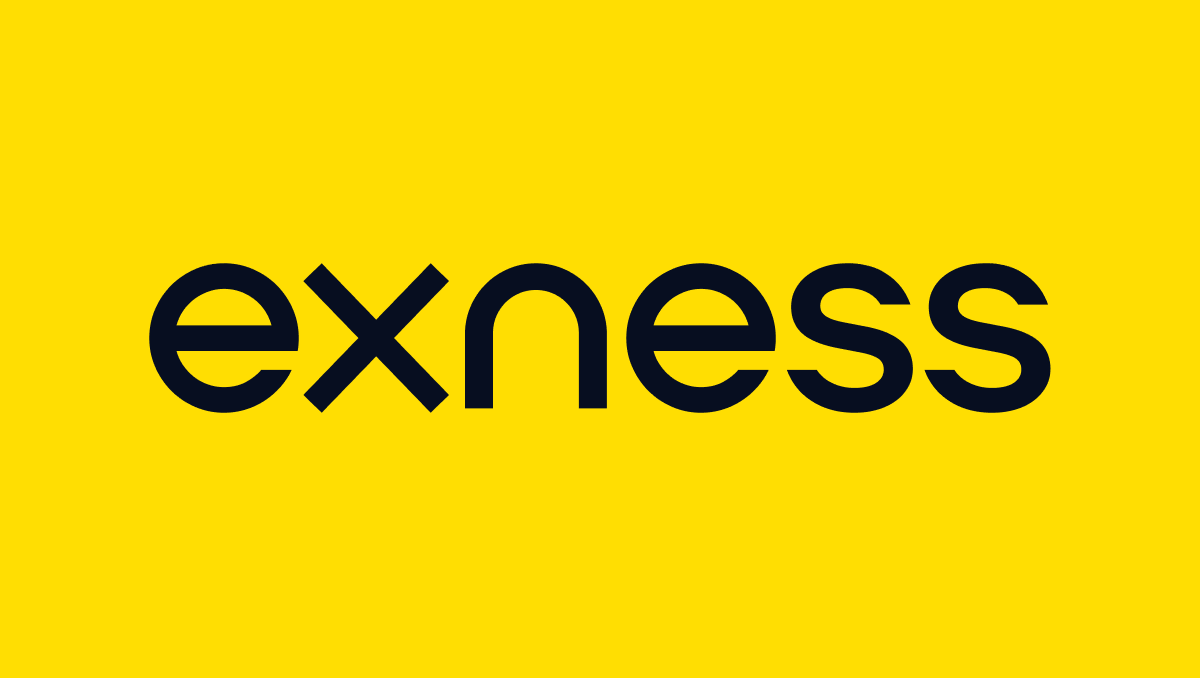

Min. Depo
$10

Licences
CySEC, FCA, SFSA

Leverage
1:2000

Platforms
MT4, MT5
FundedBull
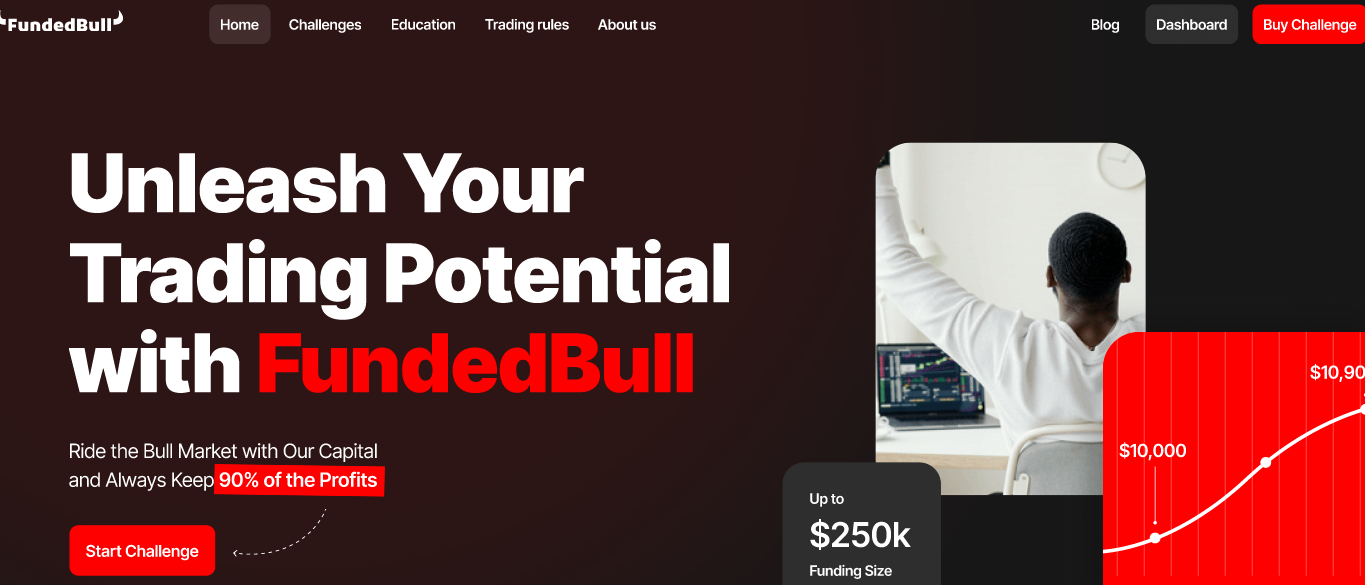

Min. Depo
49 USD

Licences
N/A

Leverage
N/A

Platforms
MT4, MT5, cTrader
Forex.com
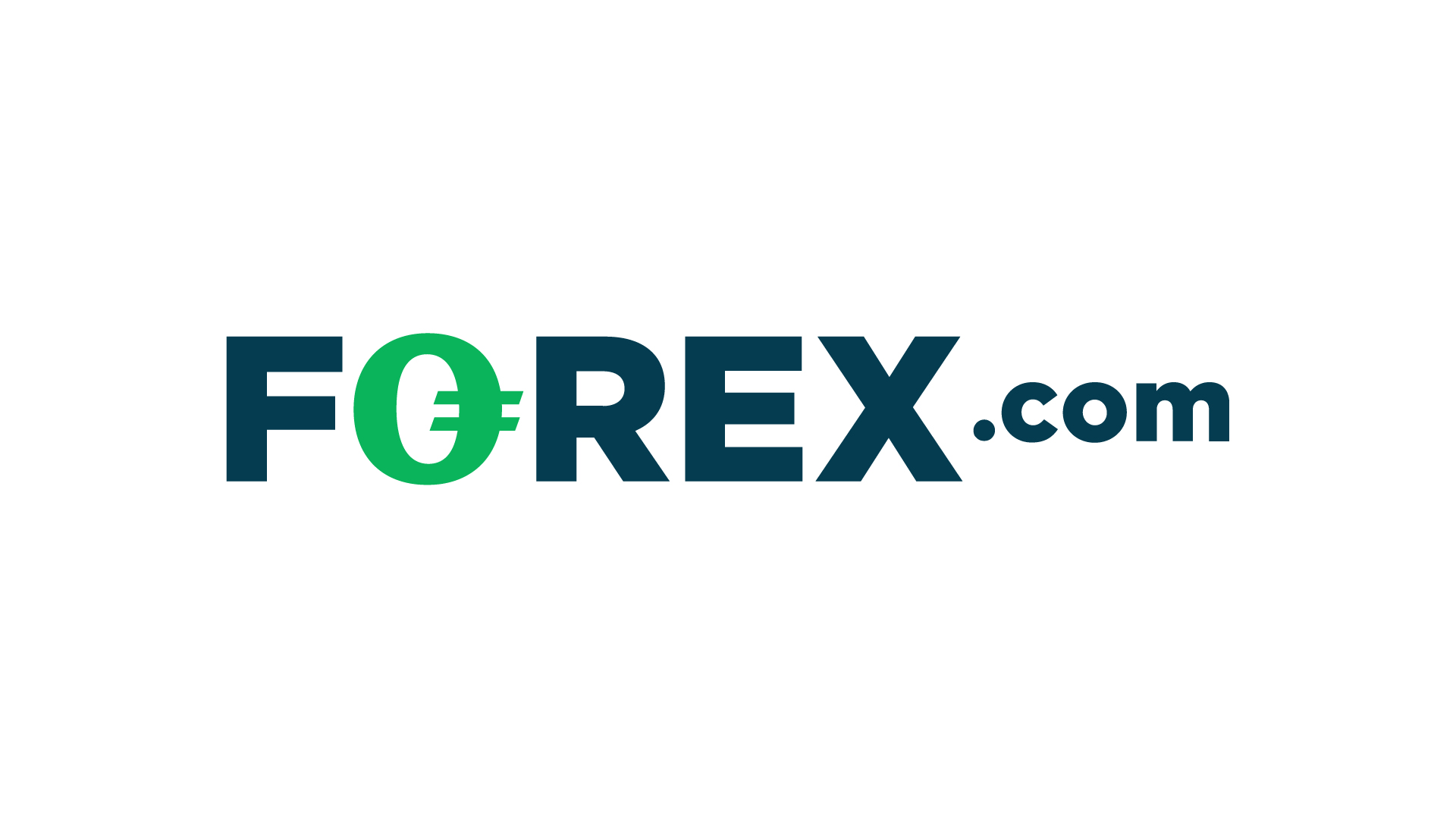

Min. Depo
$100

Licences
NFA, CFTC, FCA, FSA, IIROC and CIMA

Leverage
1:50

Platforms
WebTrader, MT4, MT5
CMTrading

Min. Depo
250 USD`

Licences
FSCA

Leverage
1:200

Platforms
MT4, WebTrader, Copykat
Plus500
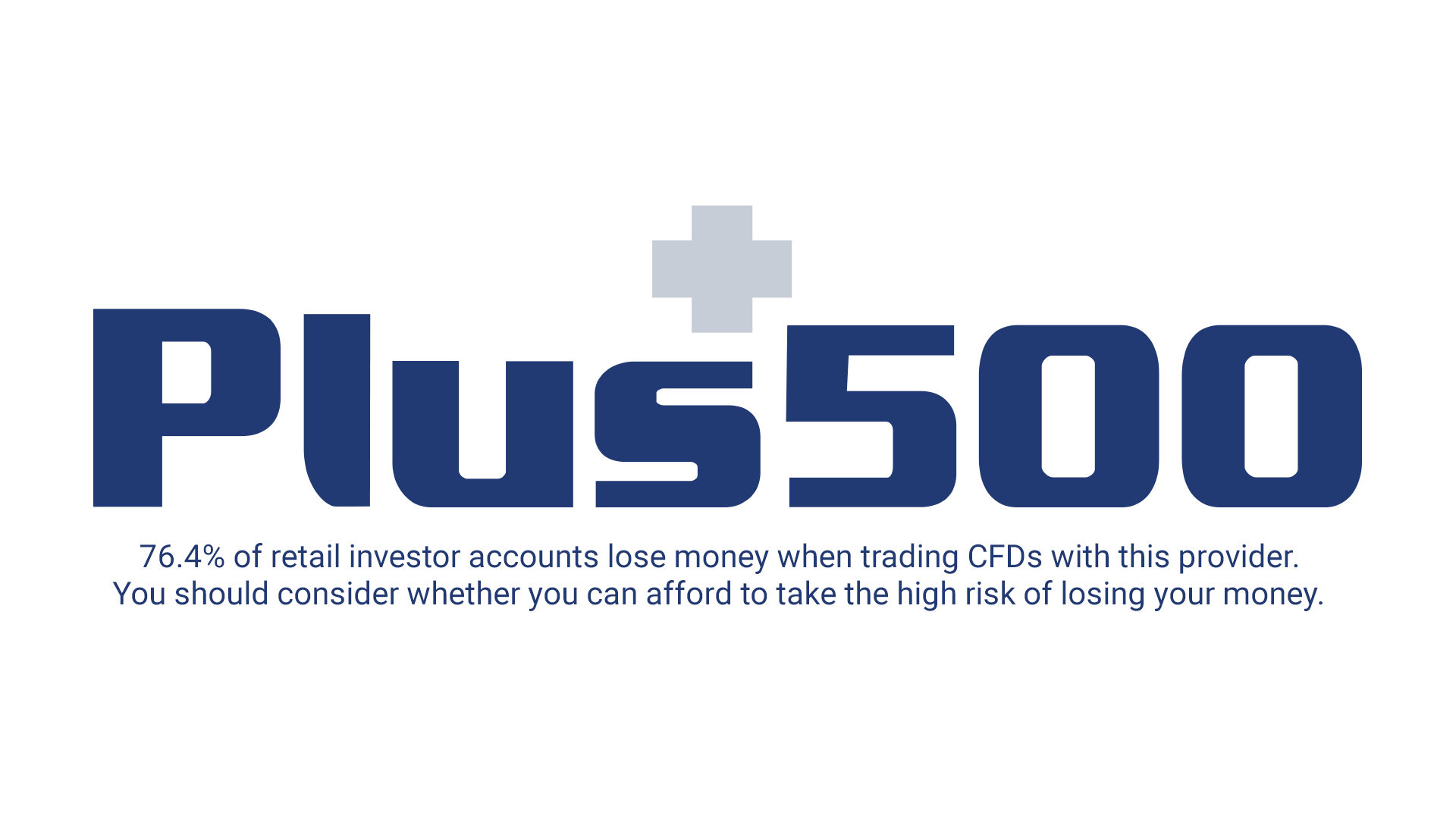

Min. Depo
$100

Licences
FCA, ASIC, CySEC, FSCA, FMA, MAS

Leverage
1:30

Platforms
WebTrader, Windows 10 Trader
Netherlands Forex regulation
A big part of the Dutch Forex market’s success comes from its great regulatory environment. In may cases, various Forex regulators have to take drastic measures in order to help out with alleviating the specific problems and issues that their markets have. However, with the Netherlands, the difference is that it has a very balanced approach, which works wonderfully.
The official regulatory body behind the Dutch Forex market is AFM (Autoriteit Financiële Markten). AFM was founded back in 2002, introduced as a replacement for the previous body called the Securities Board of the Netherlands. Since then, AFM has done a really amazing job, allowing the market to maintain stability, and make room for continuous growth.
AFM’s introduction changed quite a lot of things. Mainly, it really broadened the scope and extent of the regulatory responsibilities and abilities as compared to the previous body. Currently, AFM’s tasks are overseeing the market for a very broad range of financial instruments, stock exchanges, all kinds of investments, insurance products, and much more.
Through its operation, the final goal of AFM is, in a nutshell, to maintain stability on the market, as well as increase the confidence level and the sense of safety for all traders. AMF does this by having introduced various rules and regulations, all of which are geared towards improving the market conditions and increasing the safety for all parties. Let’s take a quick look at some of the examples of this, so you can get a better idea of how it all works.
AFM’s licensing
For the brokers interested in physically operating from the Netherlands, they need to obtain a license from AFM. The licensing process is fairly reasonable, in line with the international standards in Europe offered by ESMA. Though they’re strict and demanding, they are still within reason and are similar to what a broker would be subjected to in any other country in the Eurozone.
For brokers that want to specifically register out of the Netherlands, they also need to have a physical office there and be given a host of other necessary permits by the Dutch government. Needless to say, this would be a problem for allowing a lot of different brokers to operate in the Netherlands. Luckily, thanks to the MiFID rules, if a broker is licensed in any other country in the Eurozone, such as with Germany’s BaFIN or the Swedish FSA, they are legally allowed to provide their services to the Netherlands too. While this may seem like a security concern at first, it definitely isn’t, because if a broker is trusted by a strict regulator such as the UK’s FCA, then you can definitely trust them as a Dutch citizen too.
Reports and reviews
One of the main things that AFM does to ensure the stability and integrity of the market is constantly reviewing and examining the brokers’ activity. This is done by conducting frequent audits and reports, which is also mandatory for the brokers, who are required to submit them themselves. The reports and reviews can be various, regarding all the important details, such as trading volumes, success ratios, and much more. As an example, the brokers are legally required to notify AMF if, for the past three months, their issued capital has fluctuated for more than 1%.
These kinds of reports are a great way to ensure that the brokers are following all the necessary legal guidelines that are established for maintaining the safety and integrity of the market and its participants. Thanks to them, it’s also easy to prevent fraud in the first place, which was one of the most common complaints about many traders all around Europe,
Segregation of clients’ funds
One great way that AFM ensures your safety is by necessitating the segregation of clients’ funds. Brokers are legally required to keep the funds and investments of the traders in segregated bank accounts which are separate from the accounts where brokers hold their operating capital. How does this affect your safety? Well, suppose your brokers have gone bankrupt, or has reached the state of insolvency in any other way, and is not able to provide you.
Instead of the broker losing your money in this case, your funds will be kept safe in the said account and will be separate from any financial loss that the broker itself accrues. Additionally, it also ensures that the broker doesn’t misuse the clients’ funds, whether intentionally or unintentionally. This allows the traders to not have to worry about the additional risks of investing their money in a trading endeavor. It’s just one of the things that put the investor in a really good position, hence why so many countries have introduced this rule.
Informing the public
Probably the best way to handle fraud is to not let it happen in the first place. Many of the scams have been around for quite a while now, but many people are still falling for them. Increasing awareness about them is the best way to approach the issue. AFM knows this, and that’s why it goes to great lengths to make sure that the Dutch citizens have all the necessary knowledge and awareness of how to stay safe on the financial market.
AFM reaches out to public through multiple different mediums, but their website is probably the best resource. It contains all the relevant information for traders who are looking out to ensure their safety in the financial market. This can include information on how to find and identify scams, how to avoid them, and much more. Also, you can find all the relevant information on how particular services offered by brokers work.
Additionally, the AFM website has a registry that contains information about the authorized brokers. Before you go with a particular broker, you can go to AFM’s website, and check if they are actually authorized to be offering services to you. This is definitely one of the ultimate ways to stay safe, as if a broker is authorized and monitored by the very government, you can expect maximum help and assistance in case things go south; whereas, with the unauthorized brokers, the government is unlikely to exert any extra effort to assist you.
Since Forex is a very dynamic and ever-changing market, AFM ensures that they’re always staying on top of things, and keep the trader updated with regular newsletters and updates that can be helpful in keeping them safe. All in all, awareness is definitely one of the keys to maintaining safety, and AFM knows this and goes to great lengths to increase it.
Restrictions
The Dutch Forex market has gone through many different changes and updates over the years, to make sure that they’re as close as possible to the international safety standards and guidelines of Europe. Moreover, it always seeks to update and fine-tune the rules to ensure progress. This is exactly why they have introduced all sorts of new rules and restrictions over the years, all of which have aided in taking the market to the next level.
These restrictions are very different and various, but mostly affect the instruments that the brokers can offer to the traders. As an example, AMF has, like most other Forex regulators in Europe and the rest of the world, banned the usage of binary options. The reason is that they have been a source of a lot of scams all around the world, and even when they weren’t scams, its very nature itself is very risky, and as such, has been the cause of a lot of money loss for many traders.
Additionally, one of the main things that the restrictions have been focusing on was CFDs. CFDs are a rather controversial subject, as they have been heavily restricted by numerous regulators all around the world. The reason for that is their general riskiness, as compared to almost everything else. Starting from 2019, CFDs were put under a lot of restrictions. Any advertising, marketing, or offering of CFDs is now prohibited in the Netherlands and is considered illegal. Any broker that offers CFDs now has to follow a host of procedures to comply with the standards. As an example, they are required to publish detailed information an disclaimers about the exact risks associated with CFDs, such as what percentage of their traders are losing money with CFDs. Traders can then assess and determine exactly how risky they are, and what they’re getting into.
While this introduces certain difficulties for brokers that specialize with CFDs, and also for the traders who are primarily interested in CFDs, these are “necessary evil”, to ensure that the traders remain safe. As mentioned, CFDs have been a source of a lot of money loss for many people, and the restrictions are necessary to maintain safety.
CFDs are not the only thing that is restricted, though. Leverage, which is also one of the controversial subjects with lots of different opinions around it, is also heavily restricted. There are caps as to how much leverage a broker can offer to a trader. The exact specific amount of the limit depends on the product itself and depends on the volatility. In general, the riskier the product is, the lower the limit will be. The highest possible leverage that can be offered in the Netherlands is 30:1, and that’s for the popular Forex pairs that are common, and relatively less risky. For the moderately risky commodities like gold, 10:1, 5:1 for other more risky commodities, and 2:1 for cryptocurrencies. As you can see, the limits vary depending on the nature of the product, which is good, as it allows for the flexible approach, which is definitely necessary and helpful in a dynamic market such as this one.
Negative balance protection
One more great layer of security in AFM’s regulatory framework is the negative balance protection, which is a very common and effective practice that is utilized by many different Forex regulators around the world. What is negative balance protection, and how does it work exactly? Negative balance protection’s main function is to make sure that the traders do not lose more money than they actually have on their account.
How can this happen? Well, as an example, this can happen to the traders who are utilizing leverage. In case you buy an asset with leverage and lose the trade, due to the leverage, your losses may be higher than the actual initial amount. Naturally, you would then be indebted to the broker and would have to pay additional money. This has, for many years, been one of the main sources of a lot of money loss for a lot of people. Additionally, this has been one of the main contributors to leverage being considered so risky.
With how much safety it offers, Negative balance protection has steadily become one of the most common implementations for many Forex markets around the world. Particularly in Europe, you will find that most of the Forex regulators demand this feature from the brokers. In may cases, the brokers won’t be provided with a license unless they offer this, which greatly aids in increasing the safety of the international financial market.
What should you trade on with Netherlands based Forex brokers?
Having discussed the all-important legal and regulatory environment, let’s talk about the actual trading specifics in the Netherlands, and what you can expect out of it. We’ll be discussing currency trading and commodity trading, which are two of the most popular avenues that many people take with Forex.
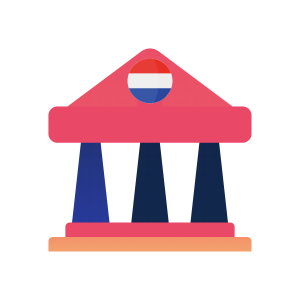 Currency trading in the Netherlands
Currency trading in the Netherlands
As one of the major EU countries, the Netherlands has long ditched its own currency and has adopted the Euro. As such, there definitely isn’t a lot to be said about currency trading in the Netherlands, as they don’t actually have their own currency. Naturally, you can enjoy trading on any of the major international currencies that you can enjoy in any other country such as Germany.
It is likely that the Euro will be your best bet for currency trading in the Netherlands. The Euro is the second biggest Forex currency in the world after the USD. It is now adopted as the official currency by more than 16 countries and is one of the strongest currencies out there.
Besides the Euro, USD, and GBP, most of the decent brokers available in the Netherlands, such as the brokers available in our list above, will be providing you with the options to trade on other currencies as well, meaning the more exotic ones. Whatever your interest is, the options are definitely abundant. Make sure to choose a decent broker that offers a great platform, and trade away!
Commodity trading in the Netherlands
Although the Netherlands is a small country, it’s definitely one of the biggest economic players in the world. Based on 2019 data, they have exported over $709 billion’s worth of goods around the world. The number itself is very impressive, but it’s even more impressive when you consider the fact that it’s over 60% growth fro the numbers from back in 2015. This all means, that Netherlands is a country that is definitely on the upwards spiral in terms of its economy and is always going higher and higher, proving for a very safe bet for a market to invest in.
The strength of the Netherlands’ export economy also comes from the fact that they have very strong and reliable trading partners such as Germany, which is 21.8% of its total exports, Belgium with 10.5%, and the United Kingdom with 7.9%, among many others, all of whom are very stable and strong countries economically. What are some of the details behind these export numbers, and what are the specific commodities that make them up?
The great thing about the economy of the Netherlands, and specifically its export specifics, is the fact that it’s very diverse and multifaceted. The golden rule of investing is to not put all of your eggs in one basket, and the Netherlands definitely follows this, displaying its diverse economic prowess.
In terms of pure numbers, the Netherlands’ biggest exports are machinery, which would also include computers. The total amount rests at $101.8 billion, making up a 14.3% of the country’s total exports. This definitely shouldn’t come as a surprise, because computers, and tech in general, are very connected to the Dutch economy, and are one of its central pieces. With companies like Booking, Adyen, Phillips, etc, the Dutch tech scene is extremely strong.
The second biggest export field for the Netherlands would be mineral fuels, which would also include oil, at the total of $91.3 billion (12.9%). Oil is definitely one of the most popular commodities for Forex trading. In many cases, for many people, it even associates with trading in general. If you are among the people who love to trade on oil, then you will definitely manage to keep yourself busy and entertained while trading in the Netherlands! With companies like Royal Dutch Shell, Nostrum Oil & Gas LP, GPB Global Resources Group LTD and more hailing out of the Netherlands, it’s definitely easy to see why this sector would be so far ahead in the Netherlands and be a major piece of the economy.
The oil is a great trading opportunity in the Netherlands not only because of these giant companies just mentioned, but because the price of oil definitely depends on other factors such as the country’s economic and political events. Seeing as the Netherlands is a very stable and reliable country, this will be a factor when considering your options.
The Netherlands also is a very strong exporter of electrical machinery and equipment at $91.3 billion, Pharmaceuticals at $48.4 billion, Medical and technical apparatus at $36.9 billion (5.2%), vehicles at $30.4 billion (4.3%), and more. The list goes on and on and on. This is what we meant by saying that it’s a very balanced and diverse economy, which is a must-have when you’re considering a market to trade at. No matter what kind of a particular experience you’re looking for, and what kind of an asset is of your interest and relevant to your skills, you will be more than happy with the choice and selection here. In a sense, you will be participating in one of the best scenes in the world, where you will be able to diversify to almost no end.
Pros and cons of going with the Netherlands Forex trading brokers
After this lengthy overview, here’s our distilled list of pros and cons that we believe the Dutch Forex market has: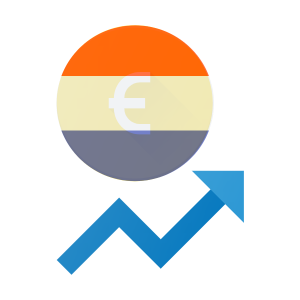
Pros
- A very diverse economy, allowing for a lot of options
- The country is very financially stable
- Effective regulatory environment
Cons
- No national currency to trade on
- Not a lot of locally-based brokers
Summarizing Forex trading in the Netherlands
The Dutch Forex market is truly something to behold. First off, you have a country that is really economically stable, and more importantly, really economically diverse. This means that you have access to a very broad spectrum of choices, giving you a lot of flexibility, options, and most importantly safety, by letting you diversify.
On top of this, you have a great regulatory body that is there to maintain your safety and look out for your best interests. The AMF has demonstrated this time and time again, by introducing some really effective and well-meaning regulations and rules over the years, all of which have been a key part in turning the Dutch Forex market into what it is today.
If you’re a Dutch citizen interested in getting started with Forex, no need to look outwards – you are in the best place possible! Enjoy the amazing opportunities that are available for you. Check out our list of top Forex brokers in the Netherlands, which we compiled after dozens of hours of research choose whichever fits your needs the best, and get started today!


